
Bluetooth Speaker FCC ID Certification
Wireless Bluetooth speakers refer to audio devices equipped with built-in Bluetooth chips, which replace traditional wired connections with Bluetooth connections. By connecting to Bluetooth playback devices such as smartphones, tablets, and laptops, the purpose of convenience and efficiency is achieved. Wireless Bluetooth speakers generally come with wireless functionality and require fcc id certification for export to the US market.
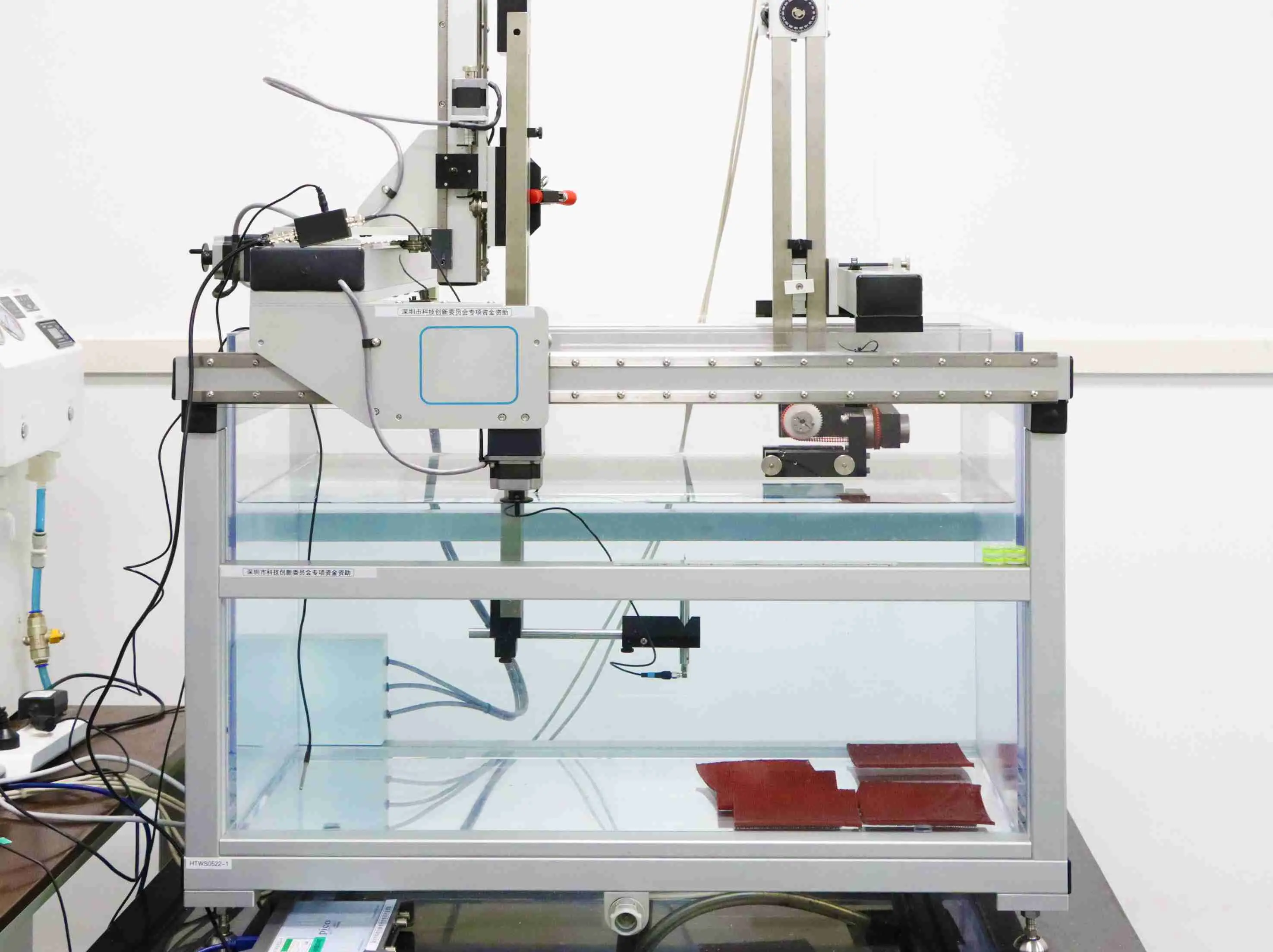
However, there is an increasing need to pay attention to various certification requirements. For example, BQB Certification mainly addresses requirements related to Bluetooth technology patents. UL reports, on the other hand, primarily focus on safety issues of Bluetooth products, considering factors such as the presence of lithium batteries, which may require UL1642 or UL2054 reports.
According to relevant sections of the United States Federal Communications Commission regulations (CFR 47 parts), all electronic products entering the US market (primarily targeting electronic products with operating frequencies between 9KHz and 3000GHz) need to undergo electromagnetic compatibility certification (FCC certification), making FCC certification mandatory in the US.
FCC Certification Process:
1. Declaration of Conformity: The product responsible party (manufacturer or importer) submits the product to an FCC-designated qualified testing facility for testing. If the product meets FCC standards, the corresponding labels are affixed to the product, and the user manual declares compliance with FCC standards. The testing report is retained for FCC requests.
2. Application for ID: Initially, apply for an FRN to fill out other forms. If the applicant is applying for an FCC ID for the first time, a permanent Grantee Code is required. While waiting for FCC approval to distribute the Grantee Code, the applicant should promptly conduct device testing. Once all materials required by the FCC are prepared and the testing report is complete, the FCC should have approved the Grantee Code. The applicant then completes FCC Form 731 and Form 159 online using this code, the testing report, and the required materials. Upon receiving Form 159 and the payment, the FCC begins processing the certification application. The average processing time for FCC ID applications is 60 days. At the end of processing, the FCC sends the Original Grant of the FCC ID to the applicant. With this certificate, the applicant can sell or export the corresponding products.
Wireless Bluetooth Speaker FCC ID Certificate Testing Items:
1. Conducted Emission
2. Radiation Spurious Emission
3. Conducted Peak Output Power (Limit: ≤21dBm or 30dBm)
4. 20dB Occupied Bandwidth (No Limit)
5. Carrier Frequencies Separation (Limit: >25kHz or >two-thirds of the 20dB bandwidth)
6. Hopping Channel Number (Limit: ≥15 channels)
7. Dwell Time (Limit: <0.4s)
8. Band Edge
9. Antenna Requirement
Materials Required for FCC Certification:
- Full name and detailed contact address of the manufacturer and applicant for certification.
- Copies of installation and user manuals for the certified products provided to users. (If the product does not yet have a user manual, a draft copy of relevant content may be provided)
- Electrical schematic and operational description of the product. (If the product has grounding or antennas, it should be described)
- Table of operating oscillation frequencies related to the product, listing the signal propagation paths and corresponding oscillation frequencies.
- Other product features that need to be explained.
Notes:
1. Documentation should be in both Chinese and English.
2. To shorten the certification period, electronic document formats are preferred for provided materials.
3. During the certification process, additional relevant materials may need to be submitted for certain special cases.
Penalties for Non-Compliant Products by the FCC:
The United States is known for its strict laws. To protect consumer interests, the government typically imposes severe penalties on non-compliant products, often leading to significant financial losses for violators. The severity of these penalties is usually enough to bankrupt offenders, deterring deliberate violations. The FCC's specific methods for penalizing sellers of non-compliant products include:
1) Seizure of all non-compliant products.
2) Imposition of fines ranging from $100,000 to $200,000 per individual or organization.
3) Imposition of fines equal to twice the total sales revenue of non-compliant products.
4) Daily fines of $10,000 per violation.
Wireless Products Include: Wireless mice, wireless network cards, wireless microphones, wireless headphones, wireless FM transmitters, wireless remote game controllers, wireless remote model controllers, Wireless LAN, Bluetooth, etc.
Mobile Communication Products Include: GSM, CDMA, WCDMA, 3G, and other terminal products.
Email:hello@jjrlab.com
Write your message here and send it to us
 ASTM D4169 Drop Test
ASTM D4169 Drop Test
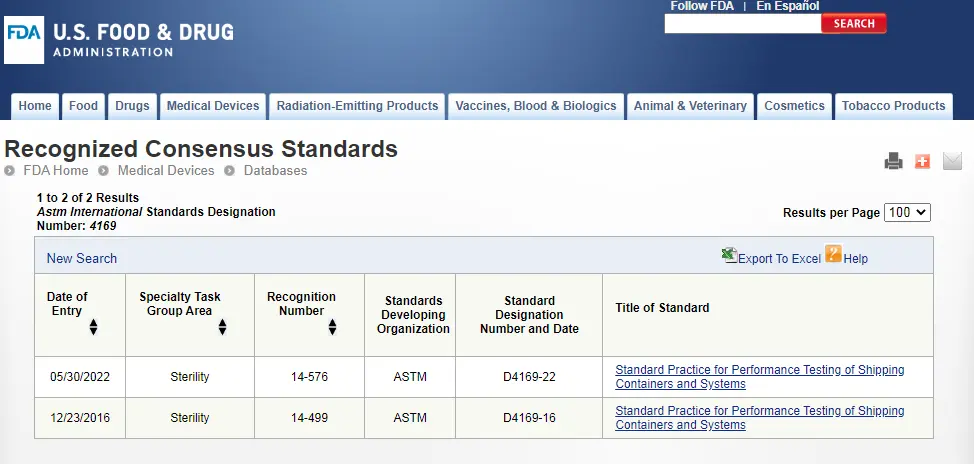 ASTM D4169 Packaging Simulation Transportation Tes
ASTM D4169 Packaging Simulation Transportation Tes
 What is ASTM D4169 Testing?
What is ASTM D4169 Testing?
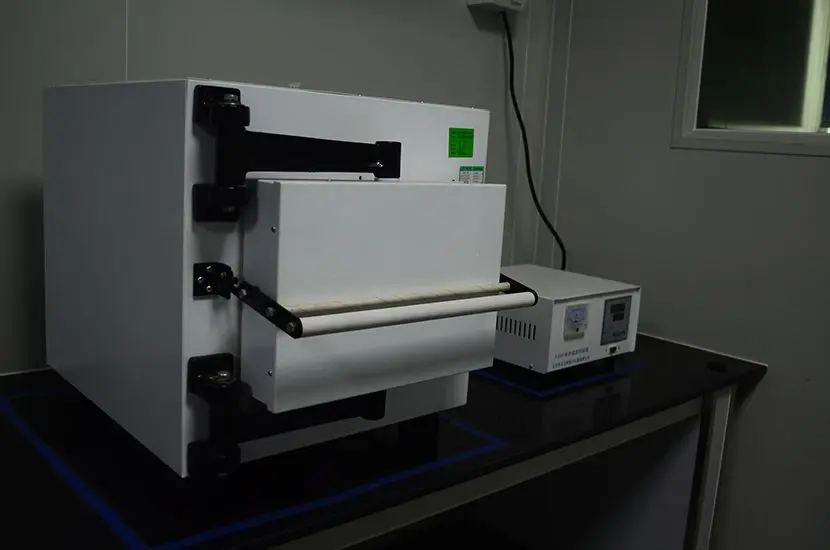 ASTM D4169-23 Test Standard Revision
ASTM D4169-23 Test Standard Revision
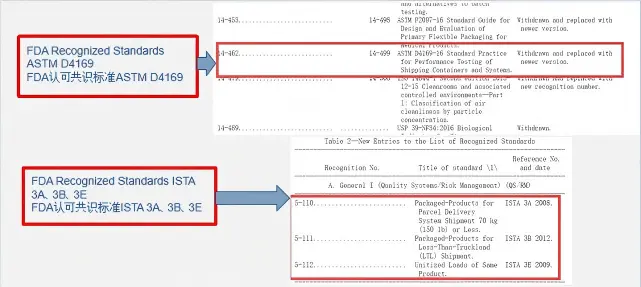 Transport Simulation Testing for Medical Device Pa
Transport Simulation Testing for Medical Device Pa
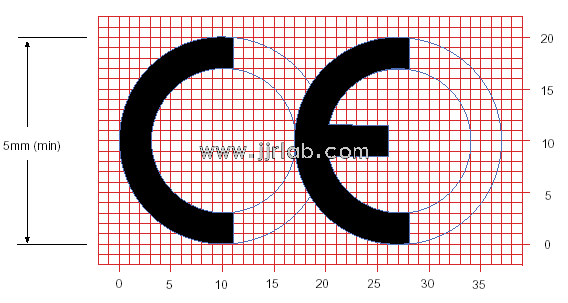 EU CE Certification Guidelines for Lighting Fixtur
EU CE Certification Guidelines for Lighting Fixtur
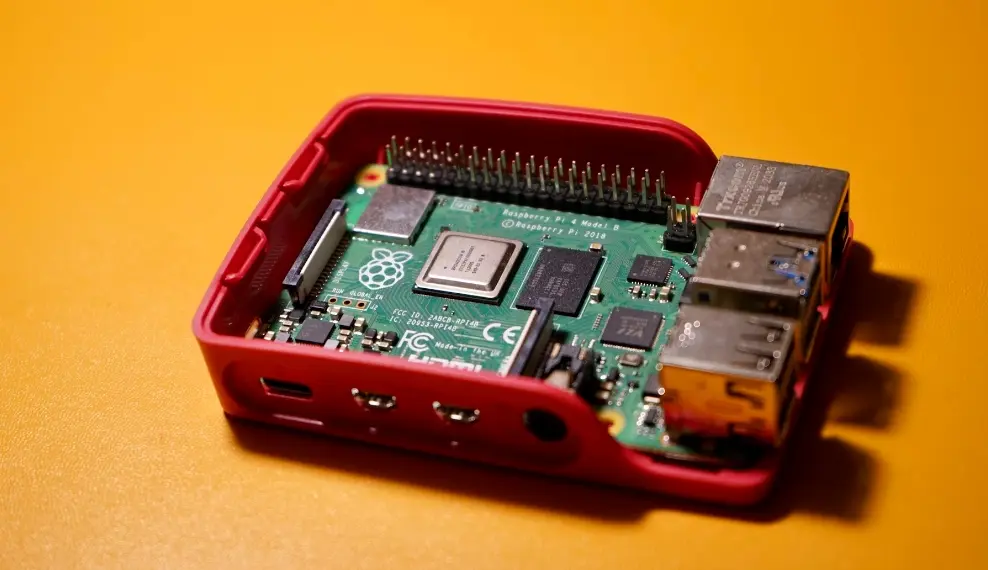 Lithium Battery Export: CB Certification & IEC
Lithium Battery Export: CB Certification & IEC
 How to Apply for One FCC Certificate for Multiple
How to Apply for One FCC Certificate for Multiple
Leave us a message
24-hour online customer service at any time to respond, so that you worry!




